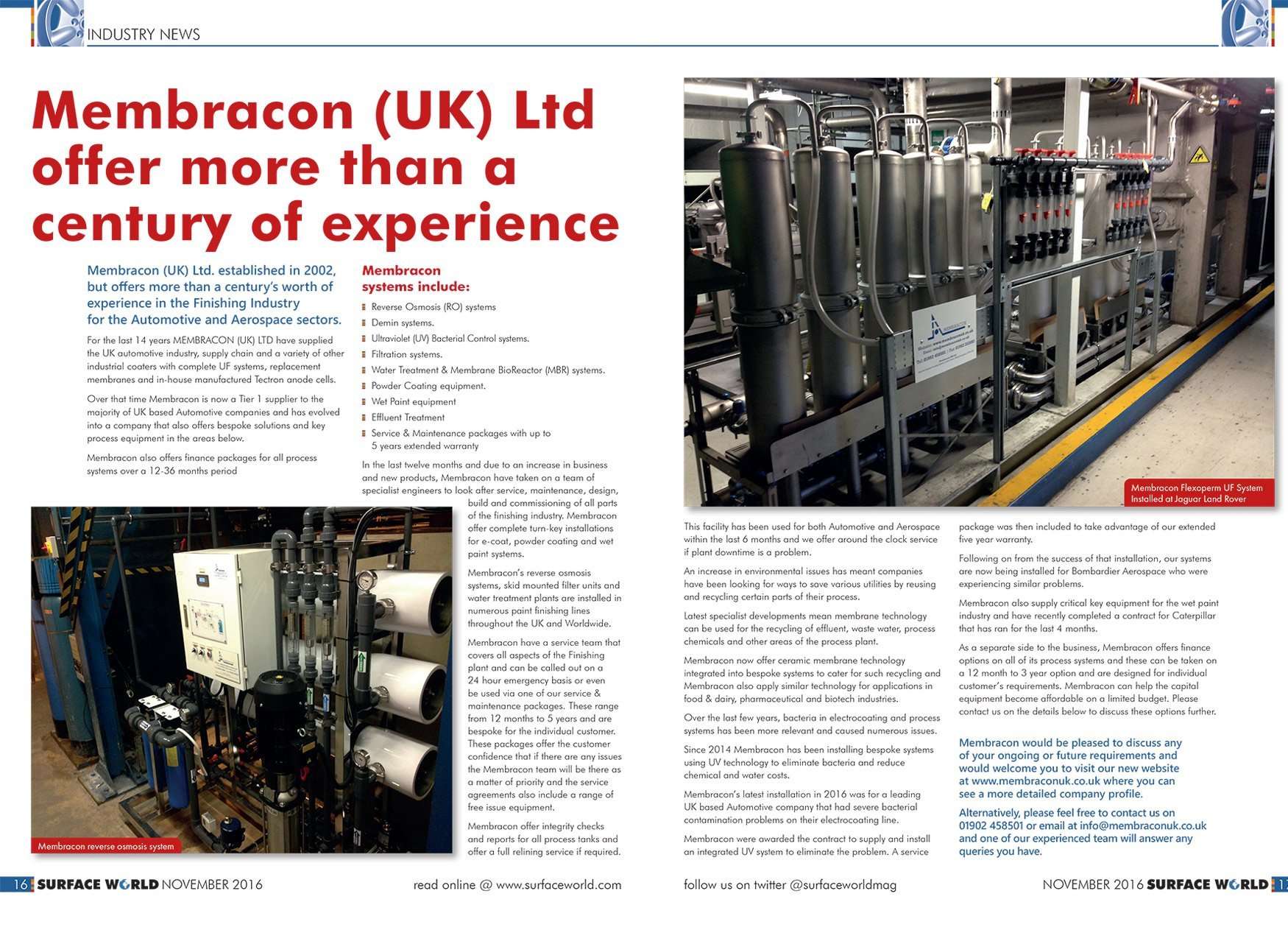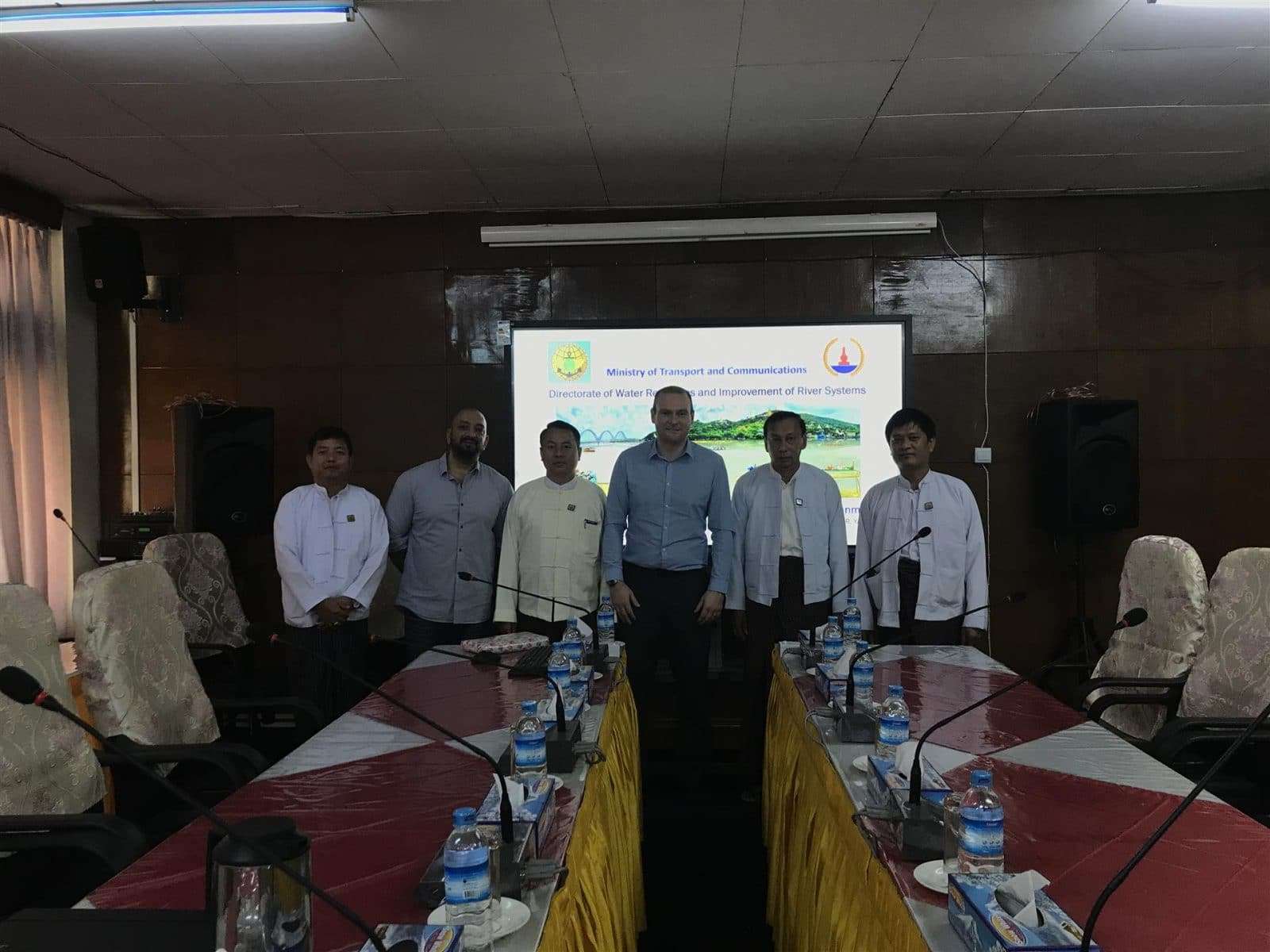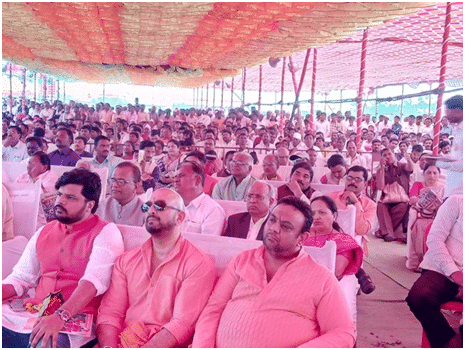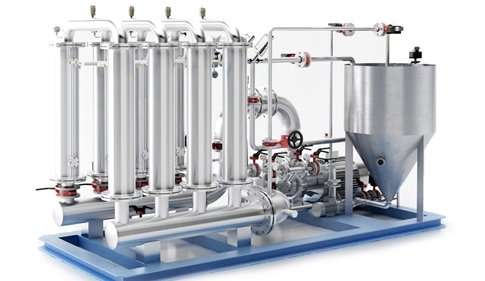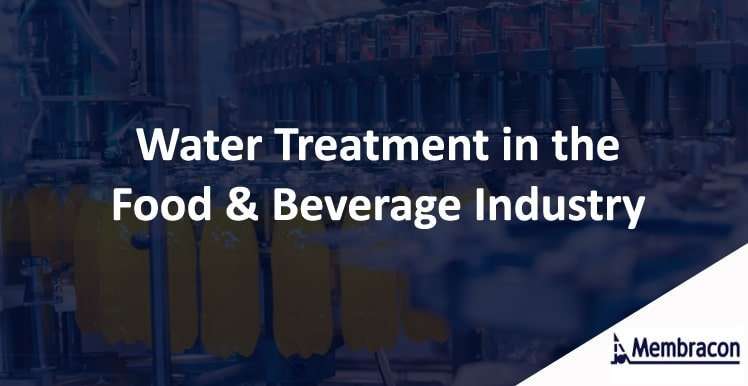
Water Treatment in the Food & Beverage Industry
Water is as essential to the food and beverage industry as it is to our survival. Without it, the food and beverage industry wouldn’t exist.
Some food and beverage plants use water directly from the municipal water supply, while others get distilled or deionised water brought in on trucks.
Some food and beverage plants recycle treatable wastewater onsite, so as little water as possible is wasted. In fact, many plants are now installing water treatment facilities onsite to drive down the cost caused by wastewater.
Different types of food and beverage processing require different types of water. For example, whiskey making calls for distilled/deionised water for purity’s sake.
Water can be changed chemically and non-chemically to alter its qualities. This is achieved with various water treatment technologies. The food and beverage industries usually have a defined water quality for specific processes. industries usually have a defined water quality for specific processes.
Food and Beverage Water Treatment Technologies
There has been a shift away from chemicals in food and beverage water treatment due to environmental and worker safety concerns.
Here’s a breakdown of the different types of water treatment technologies used in the food and beverage industry today:
Reverse Osmosis
Capable of removing 99.9% of bacteria, reverse osmosis doesn’t use any chemicals and requires very little maintenance. It’s considered to be the most efficient filtration system for refining municipal water and treating wastewater.
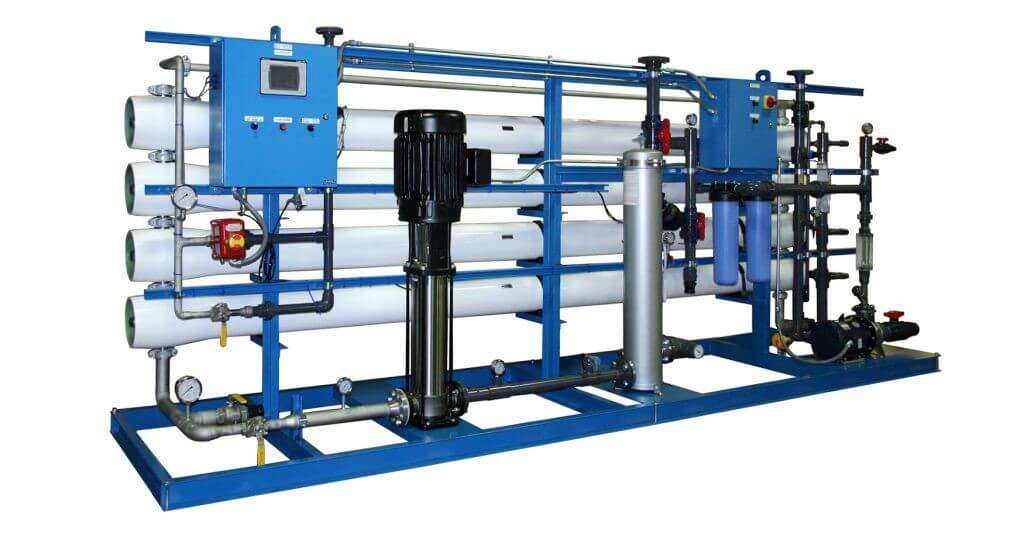
UV Disinfection
Ultraviolet Disinfection provides a highly effective, chemical-free solution for bacterial control. It can de-chlorinate and de-ozonate process water and treat a variety of organic contaminants such as urea and phenols.
Ceramic Membranes
Ceramic membranes are used in water recycling units to provide filtration at high flows without fouling. It filters fluids with suspended solids and high viscosities, such as oils, fats and greases that are common in the food and beverage industry.
Membrane Bioreactors
Membrane bioreactors assist ceramic membranes in treating wastewater from the food industry including contaminated effluent. MBRs can recover water from effluent, providing an efficient way to recycle and reduce waste.
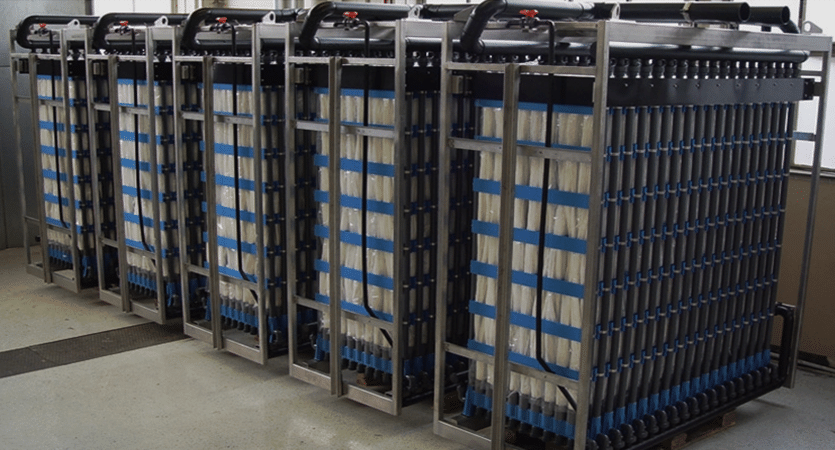
Growing Demand for Onsite Water Treatment Facilities
Now more than ever, food and beverage plants looking to reduce their environmental impact and the cost caused by wastewater are turning their attention to the installation of onsite water recycling and treatment facilities.
By moving water recycling and treatment onsite, food and beverage plants can realise substantial savings in water bills, supplier fees, fuel costs and logistics overheads. There’s also a social and environmental responsibility to have better water practices, something the installation of water treatment systems achieves.
A variety of water treatment systems are available, including process water systems that use reverse osmosis, ion exchange, water softening and filtration. The technologies outlined in this article are good starting points.
The biggest limitation to investment is site space. You may be restricted by the space you have available. Rest assured, there’s always a solution to a problem. For example, UV filters are relatively discreet and can connect to most water supplies.
If you want some advice or further information about any of the water treatment systems covered in this article, feel free to contact us.









